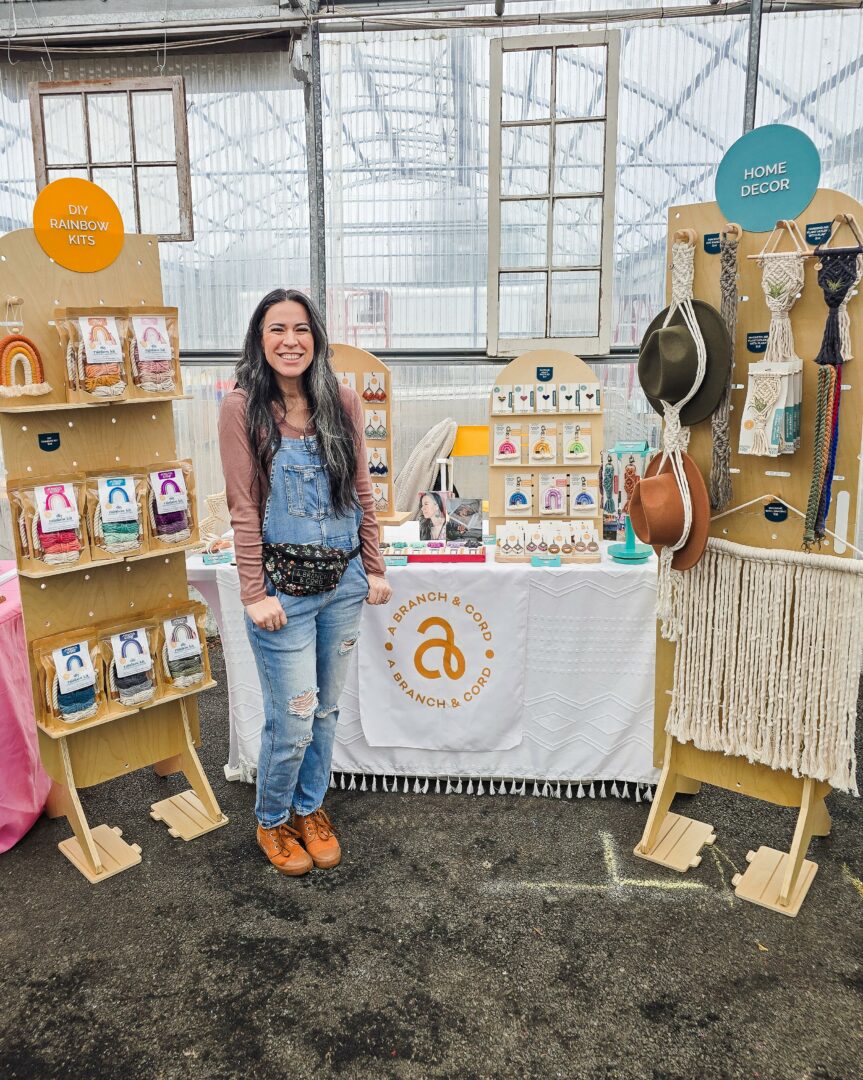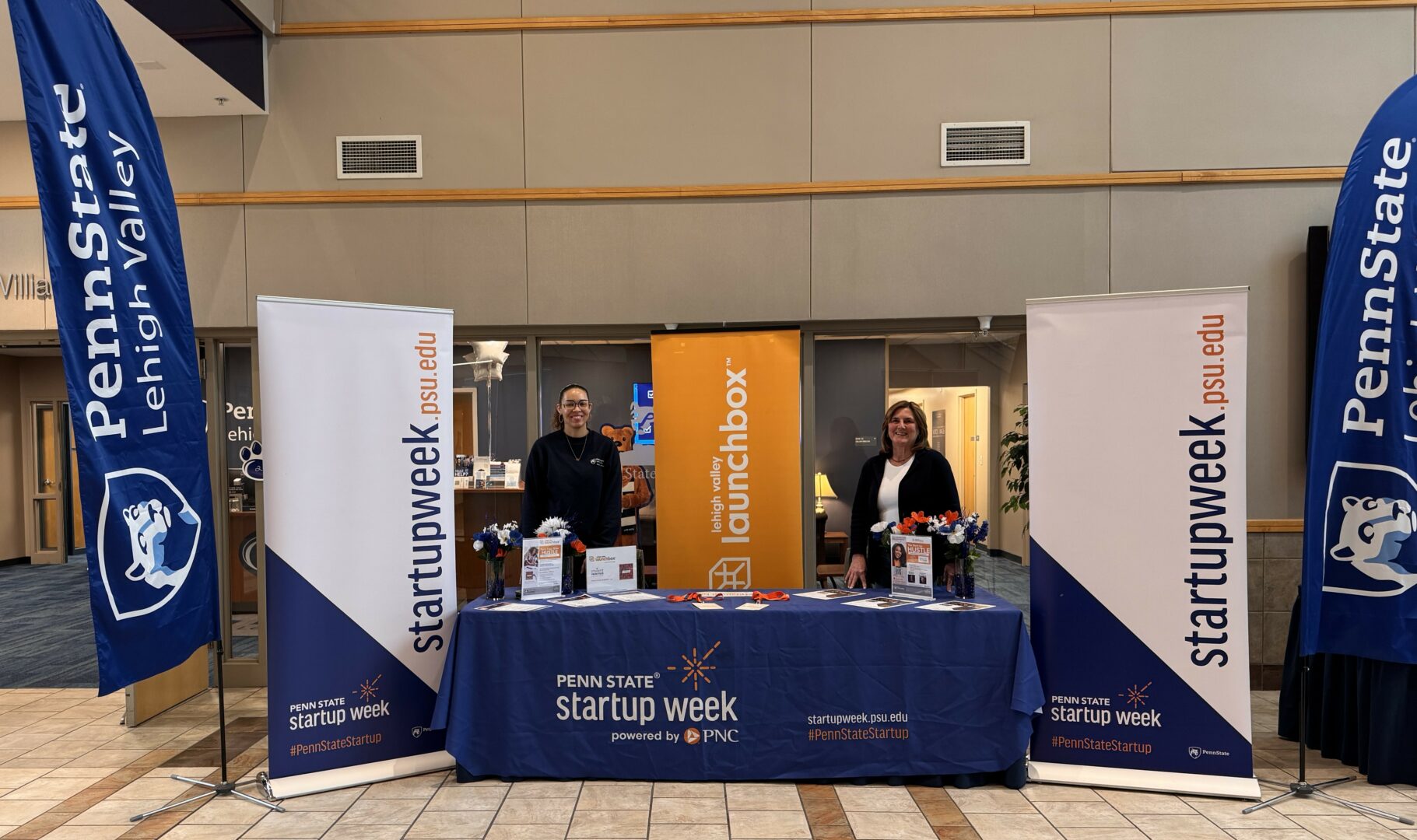We were lucky to catch up with Arron Quinn recently and have shared our conversation below.
Hi Arron , really happy you were able to join us today and we’re looking forward to sharing your story and insights with our readers. Let’s start with the heart of it all – purpose. How did you find your purpose?
I want to start off by thanking you for having me here today. I am extremely humbled by this amazing first interview as an independent artist. It means so much to me to be given this opportunity to do this interview with you.
How did I find my purpose? Oh man, I’m not sure if I have to be honest. I mean, as far as I can remember movies and art have always been a big part of my life. I’ve been drawing since the age of 5 and movies have always been a part of my identity. When I was a kid, I would always have sketches of these weird films I would watch with my grandfather. Most weekends he would take me to a flea market where we would find and buy random 25 cent bootleg VHS tapes. Sometimes the tapes would be blank but most of the time they would have these obscure and grindhouse type films that had silhouetted people walking in and out of frame.
My earliest memories were watching these VHS tapes that would feature compilations of great films and cartoons. I remember watching Fritz the Cat, Pulp Fiction, Heavy Metal, Terminator 2, and American Pop on VHS. I think what really stuck out to me were the films of Ralph Baski and Ricahrd Williams. They changed my perception about cartoons. While my sisters would watch cutesy Disney movies, I was watching Akira, Heavy Metal 2000, Rock and Rule, and Titan AE. I fell in love with the complicated adult themes and story concepts that were absent from the cute and clean Disney films.
The concept of animation sparked my curiosity about the visionary individuals behind these films. Who they were and how did they bring these films to life by using a pencil and paper? It was when I was in High School that I started a heavy interest in filmmaking and becoming a director.
I started to learn how to animate because of Steven Spielberg. Spielberg quotes in a 1978 interview “I think all directors should be animators first. Because you can really take the imagination and make it tangible.” Since then, animation has been a passion for me that continues to this day. It’s been part of my journey to becoming a film director. In my opinion, animation is truly one of the hardest forms of movie making there is, and for me to be remotely successful at it makes me truly grateful. I do want to move on to making live action movies but is that my purpose? Or is it to make animated films? I’m not sure, but what I do know is that making movies in general is my favorite art form that resonates deeply with me, and allows me to express myself instinctively.

Let’s take a small detour – maybe you can share a bit about yourself before we dive back into some of the other questions we had for you?
I’ve spent the past 18 years establishing myself as an accomplished animator, with a successful freelance career spanning various animated shorts and shows. I was fortunate enough to become a YouTube partner early on in my career, thanks to the popularity of my animated adaptations of classic literature. These animations, which range from short stories by Edgar Allan Poe to poems by Robert Frost, have become valuable teaching tools for educators. Creating these animations has been a longstanding passion of mine.
Recently, I took the leap and launched my own production company (Arron Quinn Productions) , unlocking the freedom to fund my own projects without the constraints of big production studio houses. After years of navigating in an industry where turnover rates and job insecurity have become the norm, I made the bold decision to take control of my creative path, and become completely independent. As a lifelong artist, embracing the role of producer has been a surreal experience, offering a profound understanding of what it truly means to be an independent artist. It requires wearing multiple hats: writer, artist, director, marketing expert, and financial manager. The journey has taught me the value of resilience, adaptability, and visionary leadership. I’ve discovered that being an independent artist means being the driving force behind my own success, and that’s the most liberating feeling I’ve experienced in a long time.
Under my production house I’ve launched a new docu-series show on YouTube named “Cine It?” where I write an overview about lost or forgotten films in hopes of spotlighting new life into its legacy. The goal of this series is to reach 20 episodes for season 1, pushing the boundaries of my personal skills as an editor.
While working on “Cine It?” I am also in the production stage of my animated version of “The Crow” This is the first project I fully funded independently, and I am extremely excited about the experience. I am thrilled about this production because of all the incredible people who have helped me push this production along. There are a lot of talented individuals on board and I know that together, we are creating something truly special. What I’m most excited about is the prospect of fans of the original comic book being inspired by our film once it’s complete. A huge thank you to the brilliant Ben Wan for his invaluable help in writing the script.
I also have a few comic projects in the works alongside a few short films in development, and a potential feature film I’m trying to get off the ground. My Instagram page is a continuing project for me as well. Im doing a piece called “panels” and its just a lot of portraits of movie and show characters with a few pop culture icons. The goal is to reach at least 1000 panels. As of this interview I believe Im up to 288 individual drawings. These projects are keeping me busy, but I’m energized by the creative possibilities.
Looking back, what do you think were the three qualities, skills, or areas of knowledge that were most impactful in your journey? What advice do you have for folks who are early in their journey in terms of how they can best develop or improve on these?
That’s a really insightful question. If I had to pick three, I would say persistence, communication with a good sense of humor, and representation
I would love to turn my creativity into a full-time career. My dream job is to start each day at 5am, dedicating most of my time to filmmaking or animation, and then enjoying a movie in a theater while getting paid to share my thoughts in a review. Although reality requires many of us to have a day job to cover life’s essentials, I’ve learned that persistence is key. I’ve made a commitment to myself to stay focused on my goals, no matter what challenges come my way. After a long day at my day job, I come home, take a deep breath, and dive into my animation work for 4 to 6 hours. Despite feeling exhausted or unmotivated at times, I push through, ensuring I meet my daily targets, whether it’s completing a few seconds of footage or drawing a single frame. My drive and determination fuel my progress, and as the showrunner of my own production, I am confident that my hard work will ultimately pay off as long as I stay persistent.
As for communication, I firmly believe that effective communication is the cornerstone of success. It’s the key to forming meaningful connections with the people who are instrumental in bringing your vision to life. Whether it’s your production team or your loyal fans, by being approachable, relatable, and transparent in your communication, you can foster an environment of trust, creativity, and collaboration. Rather than embracing the stereotype of the dictatorial director, I choose to lead by example, encouraging open dialogue, active listening, and a willingness to explore new ideas. My approach to communication is centered around sharing my thoughts and ideas in a clear and concise manner, while also being receptive to feedback and suggestions from others. By listening attentively and acknowledging the contributions of those around me, I create a safe space for creativity to flourish and for my team to reach their full potential. Ultimately, I believe that effective communication is the spark that ignites innovation, drives progress, and brings people together in pursuit of a common goal all while having a good sense of humor. I love to keep things light and fun when developing a project or conducting my actors. I feel it allows us to tap into our creative potential. I enjoy joking around and keeping the mood fun and easy. That way, if someone gets stressed out about something, the mood remains optimistic and encouraging. I strive to be a beacon of positivity in the room, reminding everyone that we’re all collaborative visionaries working together to create something truly remarkable.
Lastly, and the one quality I hold near and dear to my heart is representation. As a Latin American male, I believe that representing my people and my race should play a pivotal role in the identity of the movies I aspire to make. My family immigrated from El Salvador and Puerto Rico to pursue the American Dream, and growing up I heard their stories about the lives they left behind. It wasn’t until I was older that I realized The American Dream wasn’t for them. It was their kids. They sacrificed their way of life to give us the chance to be successful in America. That has always had a profound impact on me. Being the first American generation, I have felt that their stories should be immortalized in film. It would be a way for people to connect to our culture, our struggles, our way of life, and history. Movies have a way of doing that you know? They have a way of connecting people together and relating to each other in more meaningful ways. I would love to see more movies about the people that look like me and sound like me and my family. Hopefully I am given the chance to represent mi gente who I love with all my heart.
As we end our chat, is there a book you can leave people with that’s been meaningful to you and your development?
It’s fascinating that you asked that question because I recently finished reading The Path to Paradise by Sam Wasson. This book was incredibly influential for me as it chronicles the career of one of my all-time favorite directors, Francis Ford Coppola. The book provides detailed insights into Coppola’s struggles to bring his vision to life, which includes his battles with being a family man who will stop at nothing to get his films made even with the threat of bankruptcy. Reading about his journey was a turning point for me, inspiring me to take the leap into becoming an independent artist . Coppola’s dream of Zoetrope, a self-sufficient movie studio where “motion picture artists” could freely express themselves, resonated deeply with me. This book also shifted my perspective, and I now proudly call myself a motion picture artist, embracing the creative freedom that comes with this title.
Ive also finished reading Kubrick: An Odyssey by Robert P. Kolker and Nathan Abrams, Quentin Tarantino’s Cinema Speculation, and Room to Dream by David Lynch and Kristine McKenna. I just love reading books about these great filmmakers and their thoughts and ideas about film. It keeps me inspired. The takeaway and wisdom I get from reading these books is always that if you love something, truly love something, never let anything get between you and that thing you love. Even when it has disappointed you or discouraged you, never give up on it. Thats how I feel about movies and filmmaking in general. Which is a good thing because like I said earlier, movies have always been a part of my identity.
Contact Info:
- Website: https://linktr.ee/Dir.ArronQuinn
- Instagram: [email protected]
- Youtube: https://www.youtube.com/@DirArronQuinn
so if you or someone you know deserves recognition please let us know here.




